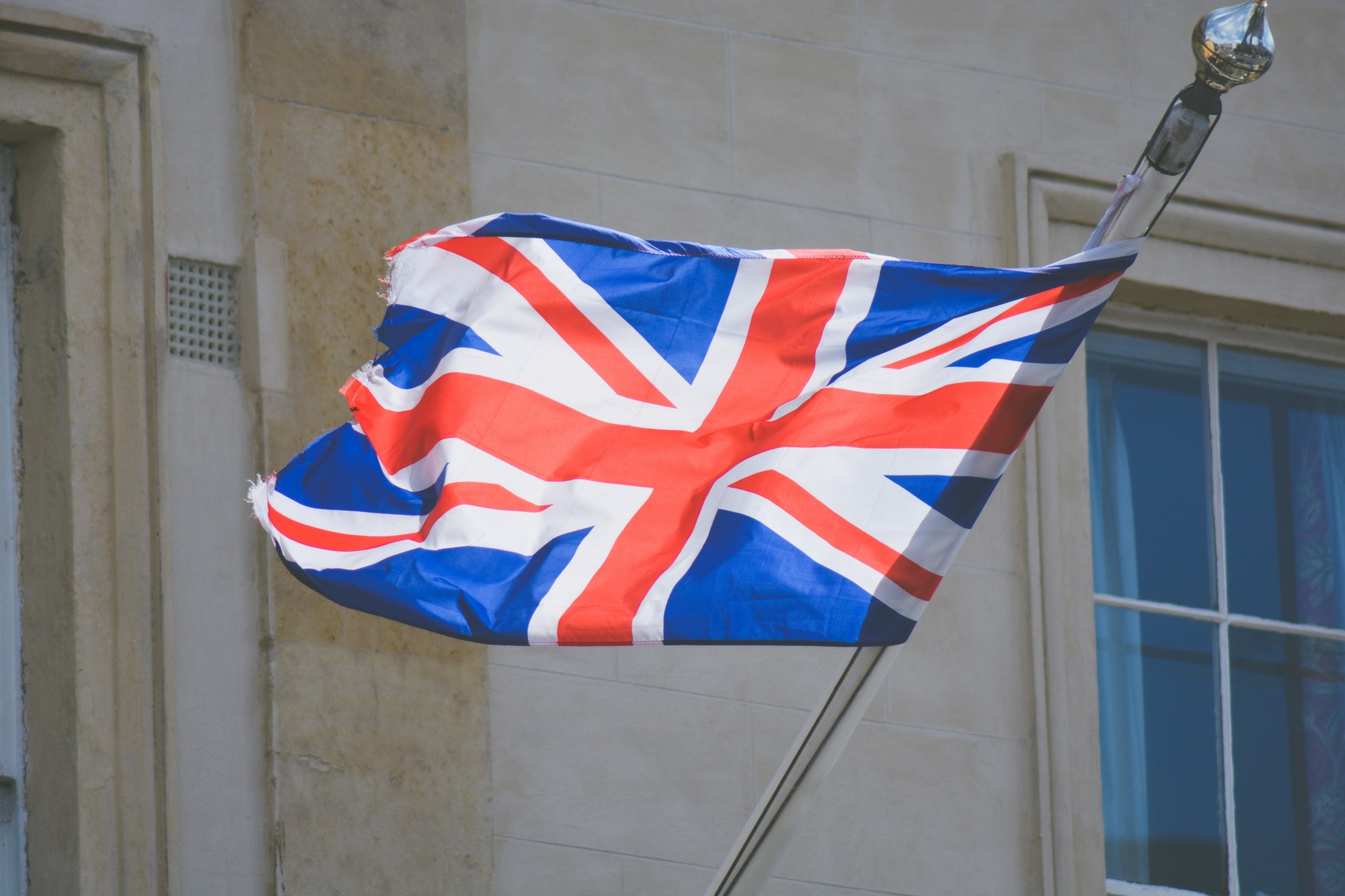
This piece by Michael Hayman originally appeared in the Yorkshire Post see here
“It was the best of times, it was the worst of times, it was the age of wisdom, it was the age of foolishness, it was the epoch of belief, it was the epoch of incredulity…it was the spring of hope, it was the winter of despair.”
The words of 1859 not 2019. A Tale of Two Cities and Charles Dickens capturing the spirit of revolutionary France of 160 ago in a way that feels remarkably on point for today.
For this is the age of change and with it, a multitude of conflicting signals and emotions. Days that seem to plumb new depths but also, despite that, hope and a future worth fighting for.
In the UK the fulcrum for pretty much everything is Brexit. It has made us the ultimate one issue country. Unable to break free of the conundrums we face, last week our national debate erupted into full on rage as frustrations failed to be contained and raw emotion ruled the roost.
Once upon a time politics was contained and free of arenas like business. Today, the effect of politics is everywhere. The most obvious manifestation of which is Brexit readiness. The degree to which the nation’s stock of five million firms is ready to handle the consequences of change.
But it goes much further than simply being ready for exiting the European Union. Business is facing a rollercoaster of peaks and troughs, from the reaction of risk averse markets, to the edicts of party conferences, which if enacted could create more change in months than the economy has faced in years.
And it’s not just change from above. Attitudes are changing everywhere. From climate change to more purposeful businesses. Our expectations from those we work for and with has never been more fluid than it is right now.
Last week, research from the Economist Intelligence Unit showed that 71 per cent of younger high-net-worth individuals in the UK feel that their beliefs about wealth are very different from their parents.
According to the academic Dr Eliza Filby, because of increased life expectancy and longer periods in the workforce, this is the first time in history that four generations have worked together under one roof.
From baby boomers who came to maturity in post Second World War austerity to a new working generation whose terms of reference are digitally driven. Very different social, economic and political attitudes struggling to exist and to finding a way forward. For some, this points to the beginning of the end for liberal free markets. The inevitable consequence of social tensions and shifting values from a system that is no longer fit for purpose nor able to deliver for the many rather than the few.
Standing in stark contrast to this is a view that there has never been a more important moment for business to show its quality, its ingenuity, its role as an enabler of potential and people.
On one level, that’s a future where smart cities, climate change reversals, cures to cancer and 100-year lives will be delivered by the inventiveness and innovation of our entrepreneurs and enterprising firms.
On another it speaks to a country where every year well over 600,000 businesses are registered by people all over the country who are taking the first steps to turning their dreams into reality.
In A Tale of Two Cities, Dickens tells the tale of personal heroism and what it takes to face change. The central character of Sydney Carton finding in the moment of greatest jeopardy, the quality that has eluded him all his life, purpose.
And while its not the guillotine that business faces it does need to find its finest moment. As Carton says: “It’s a far better thing that I do now than I have ever done before.” A mantra then, a mission now.